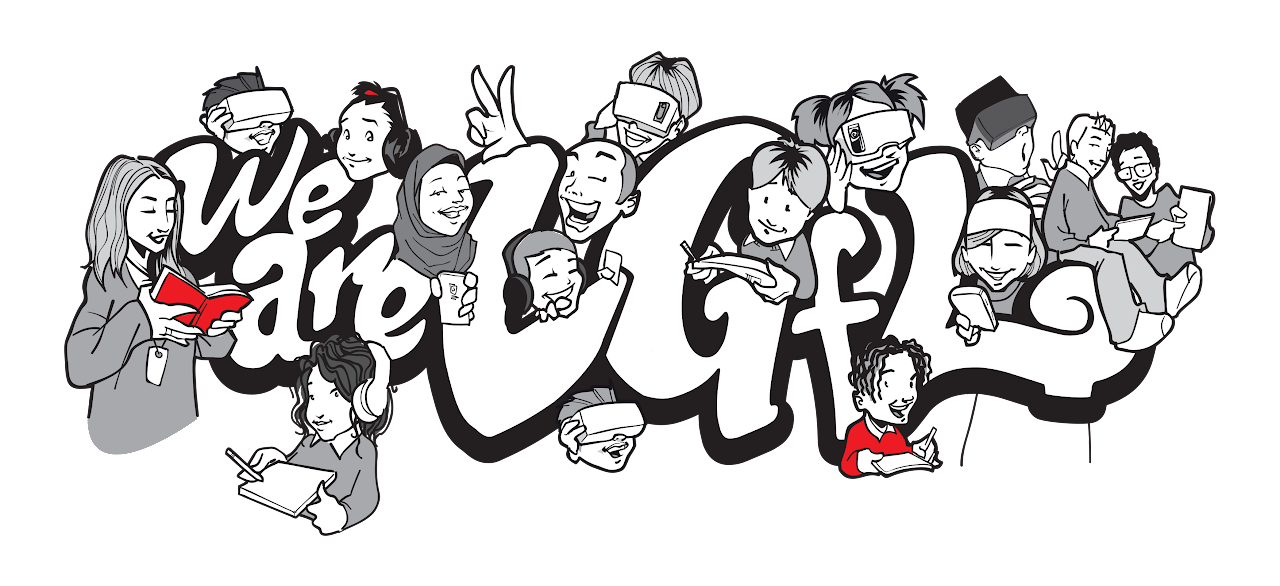Universal Design for Learning - UDL Case Study
Leo Academy Trust
Using technology to remove barriers to learning in Literacy
'It's extremely important to be adaptable so that all children are able to be challenged at their own level and able to make their own progress and so they can access the same learning as others where and when needed. By looking at the modelled example, they are able to create what features there were and what made it effective, and by doing that, they were able to create their own success criteria for their narrative.'
Matt Clements, Year 6 teacher, Cheam Fields Primary Academy
How can technology remove barriers to learning?
With teacher workload, technology has enabled us to really reflect on the type of task we are offering children, and actually, we don't need to differentiate three different ways or make five worksheets for certain children and actually, we can have one task where the technology supports - whether its read aloud to them to support them or children are selective in that they do, it's definitely enabled us to really support children without the need for extra work.'
Cheryl Shirley Director of Computing and Digital Skills, Leo Academy Trust.
How can you assess the learning when it is produced in multi-formats?
'We would definitely assess the learning in the same way as you would normally through the success criteria - have they been successful, and have they shown it? But it could be if you are doing a flip grid and they are creating a documentary, it would be, the information they have gathered, have they given it successfully? So if you give those sentence stems, have they used those ones, and have they used them successfully? But it would be the same if they create a poster, have they put in the correct information? Have they shown their learning and understanding and ultimately have they completed the learning objective to the best of their ability?
Matt Clements, Year 6 teacher, Cheam Fields Primary Academy
The role of choice
'Being able to open up opportunities for children to access learning in different ways is something that we think is very important. So for example, if they were learning about the Romans, instead of the teacher giving the guidance on what the task is to be, children make their own decisions on what that task looks like in order to suit the learning style of that child. For example, some children might choose to make a poster to represent that, but for some children, they might struggle with writing so that might not be the best way to find out how much they have learnt about a topic. Some children might prefer to make a film or use technology in a way that is more suitable for them.'
Cheryl Shirley Director of Computing and Digital Skills, Leo Academy Trust.
Universal Design for Learning in the EYFS
'In the EYFS it's all about making and doing and the practical side of things and its really important that they have the independence now to choose how they want to represent and show us their working.'
Ellen Cano, EYFS Teacher, Leo Academy Trust.
How do you support a 'mixed economy' of resources?
'Children need to use a Chrome book, of course they do, in our eco-system, but we also want them to be confident in using Apple technology and Microsoft technology, and at the Leo Academy Trust now we can have a mixed economy and provide our children with the widest range of skills to support their ever-growing development.'
Graham Macaulay, Director of Innovation and Growth, Leo Academy Trust.
'The iPads give us the opportunity to use different types of software creatively across a range of different subjects but pulling it together into specifically a project that the children can work collaboratively on and really develop those specific skills within those apps they have been using.
Katie Usher, Deputy Head Lawford C of E Primary School

